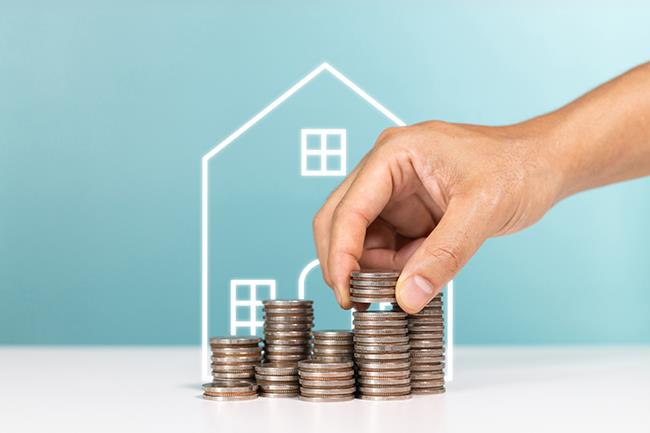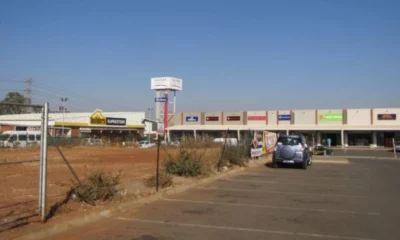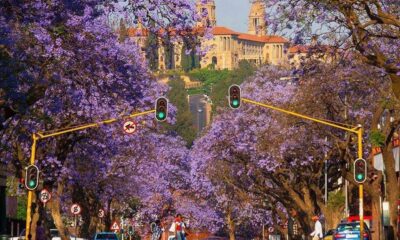Business
South Africa’s Housing Prices Climb at Fastest Pace in Two Years Despite Sluggish Sales

South Africa’s housing market is showing signs of renewed momentum, with April 2025 marking the fastest year-on-year increase in home prices in two years, according to the FNB House Price Index (HPI). Home values rose by 2.2% on average, up from 2% in March.
The increase is a promising sign for the residential property sector, even as transaction volumes remain subdued. FNB projects that house price growth could inch closer to 3% by 2026, reflecting gradual economic recovery and improved consumer sentiment.
A Market Still in Recovery
Although prices are rising, the volume of housing transactions remains around 16% lower than pre-COVID levels, based on Deeds Office data. According to FNB senior economist Siphamandla Mkhwanazi, this points to a “protracted recovery in market activity,” with many buyers still navigating affordability challenges.
“Market outcomes are still modest, as reflected in slow transaction volumes growth and slightly longer selling times,” Mkhwanazi said.
The average time it takes to sell a house has increased from 11 weeks in late 2024 to 12 weeks and a day in the first quarter of 2025, indicating that while confidence may be growing, buyers are cautious.
Confidence vs Caution
Interestingly, estate agents are reporting the highest level of positive sentiment in three years, suggesting optimism about market potential. But the disconnect between upbeat sentiment and slow sales volumes reveals a more complex picture.
Economic pressures continue to weigh on potential buyers — particularly in the affordable housing segment, where affordability remains a major barrier.
According to the latest DebtBusters’ Debt Index, South African consumers now have 53% less spending power compared to nine years ago, with rising living costs and stagnant income growth hitting households hardest.
South Africa’s Property Market by the Numbers
As of 2023, South Africa’s residential property market consisted of 6.91 million properties, collectively valued at R6.789 trillion, according to data from City Mark. The market continues to be shaped by demographic shifts, with the average household consisting of 3.2 people, and the vast majority of homes accommodating four to five members or fewer, based on Statistics South Africa’s latest General Household Survey.
While the current momentum in house prices is encouraging, sustained growth will depend on broader economic recovery and improved consumer affordability. Mkhwanazi believes the fundamentals are slowly aligning — but market watchers will need to temper expectations.
In summary, price growth may be the headline, but for many South Africans, the dream of homeownership remains tightly linked to long-term economic resilience and policy support for affordable housing.
{Source: IOL}
Follow Joburg ETC on Facebook, Twitter , TikTok and Instagram
For more News in Johannesburg, visit joburgetc.com























